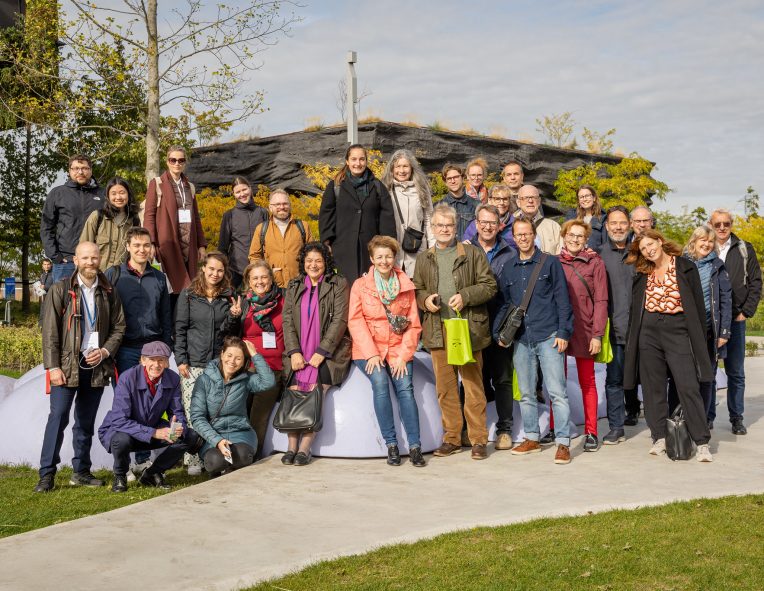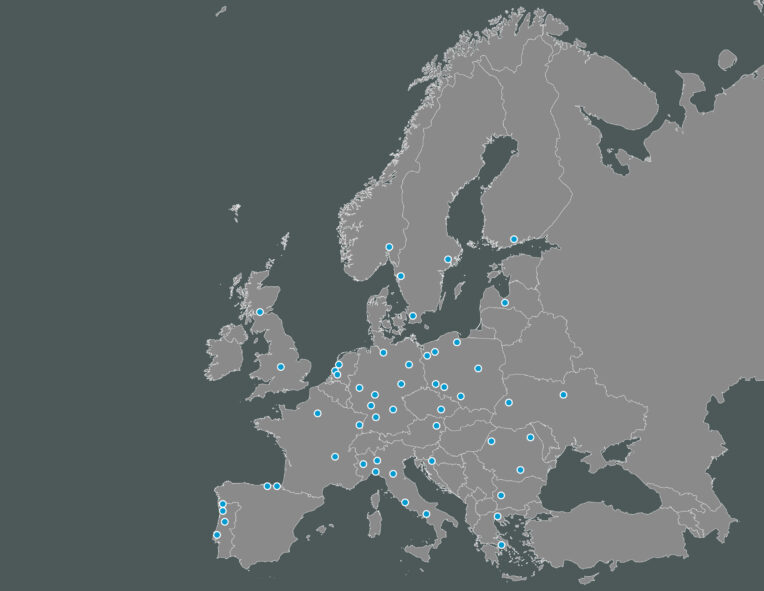The Bernd Steinacher Fellowship was established in 2010 by METREX and Verband Region Stuttgart to sustain the values and interests brought to METREX by the late Bernd Steinacher.
The 2019-21 Fellow was David Dooghe, who chose to look at the the influence of crises on housing policies.
Even though crises are ubiquitous in our daily life; our apprehension of crisis concepts seems limited. By describing the influence of three global crises (the 2008 financial and economic crises, climate change and the COVID-19 pandemic) on housing, this report aims to broaden the knowledge of policymakers, and to support them to create more resilient policies or to navigate crises.
To reach this aim, the report first sets the scene by looking at the status of housing in a neoliberal context and by describing the direct and indirect influence of the three selected global crises on housing. Then, the variation among crisis concepts is reflected upon, based on the causes, changes and consequences of crises. This reflection concludes that, prior at or when navigating crises, governments have the opportunity to pose the question: which policies should or shouldn’t end, continue, rise or shift?
This reflection is also input for case studies in France, Portugal, Spain and the UK, which illustrate how the 2008 financial and economic crises or climate change have influenced their national, regional or local housing policies. As such, the cases offer concrete examples on different types of actions policymakers can take to create more resilient policies or to navigate crises.
The report’s conclusion section lists, based on three cross-case findings, three recommendation relevant for governments, which aim to create more resilient policies or navigate crises. Firstly, on several occasions in the research, the different global crises showed interlinks. Therefore, when setting up policies one should analyse previous or parallel running global crises as these can also positively or negatively influence the proposed policy measures. Secondly, global crises create new connections between the actors in the housing market. Thus, when setting new housing policies prior to or following a crisis, it is recommended to set up a broad stakeholder analysis of the new regime, also taking into account fast growing niche innovations actors. Finally, due to crises, the tenure status of the existing housing stock can become flexible. Thus to solve immediate needs their inhabitants have, policymakers can temporarily use this tenure status flexibility as a first measure before more long-term options become possible.
About David Dooghe
David Dooghe studied architecture in Gent and urban design in Rotterdam and Cottbus. He is senior strategic advisor and researcher at TNO vector and is head of TNO’s impact area: valuedriven sustainable cities and regions. Dooghe is fascinated by how current transitions (e.g. health, energy, mobility, circular economy) are influencing our daily living environment. His work looks into the spatial (policy) challenges and implementations of transitions and their related new technologies. As such, he is pursuing green and just transitions by means of spatial research and policy.



